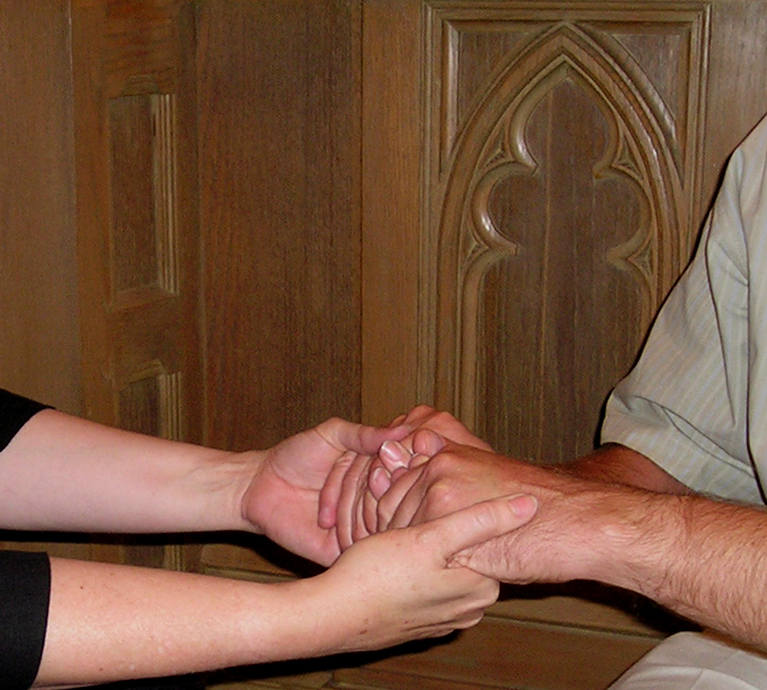In the last part of this series, I would like to talk about how we can teach our daughters to support others who are dealing with loss.
In the Jewish tradition there is something called “shiva,” which is a seven day mourning period that follows the death of a close relative. During those days, those in mourning will stay at home and are not allowed to do anything. All of their needs are taken care of by others in the community, and their only responsibility is to mourn the loss of their loved one. It is customary to come and visit those in mourning, and express your condolences. It is a brilliant tradition for many reasons. First, those who have lost a loved one have a legitimate reason to take a break and mourn. Second it teaches the community about the importance of supporting those who have experienced loss.
I remember as a kid, when my parents wanted me to join them in a shiva visit, trying to think of every possible reason not to. What do you say to someone who has just lost someone so important to them? I was always worried I would not know what to say. What I have learned over the years and have tried to share with those I love are the following:
- The hardest part is the first step. We often feel uncomfortable visiting or calling someone who has just suffered a loss. What I always do is think about what I would feel like if I was on the other side. I remind myself how much I would appreciate being supported. What often holds us back is our own fear. Take a deep breath and just do it. It is much easier than you think, and so very important.
- Being present. The most important thing you need to do to support someone in mourning is be present. You do not need to talk or create conversation. Giving a hug and telling your friend how much you love them is more than enough.
- What to say? Nothing. When you are supporting someone in mourning, you don’t need to say anything, or create conversation. Start by being silent, and see what they want to talk about. If this challenging, you can always ask them to tell you more about the person who died. This allows them to focus on the person they are mourning, and not worry about your level of comfort.
- What not to do? Don’t try to “fix them”. That is not your job. Don’t try to make them feel better, or tell them it will get better. Create a space for them to cry if they want, laugh if they want, or talk about something unrelated. Don’t make it about you, make it about them. There is so much less pressure when you don’t have to set the agenda.
Getting comfortable supporting others in their pain is a process, easier for some and more complicated for others. Be gentle with yourself and your daughter and remember to support others as you would want to be supported in your time of need.
Much Love and Support
Tova






